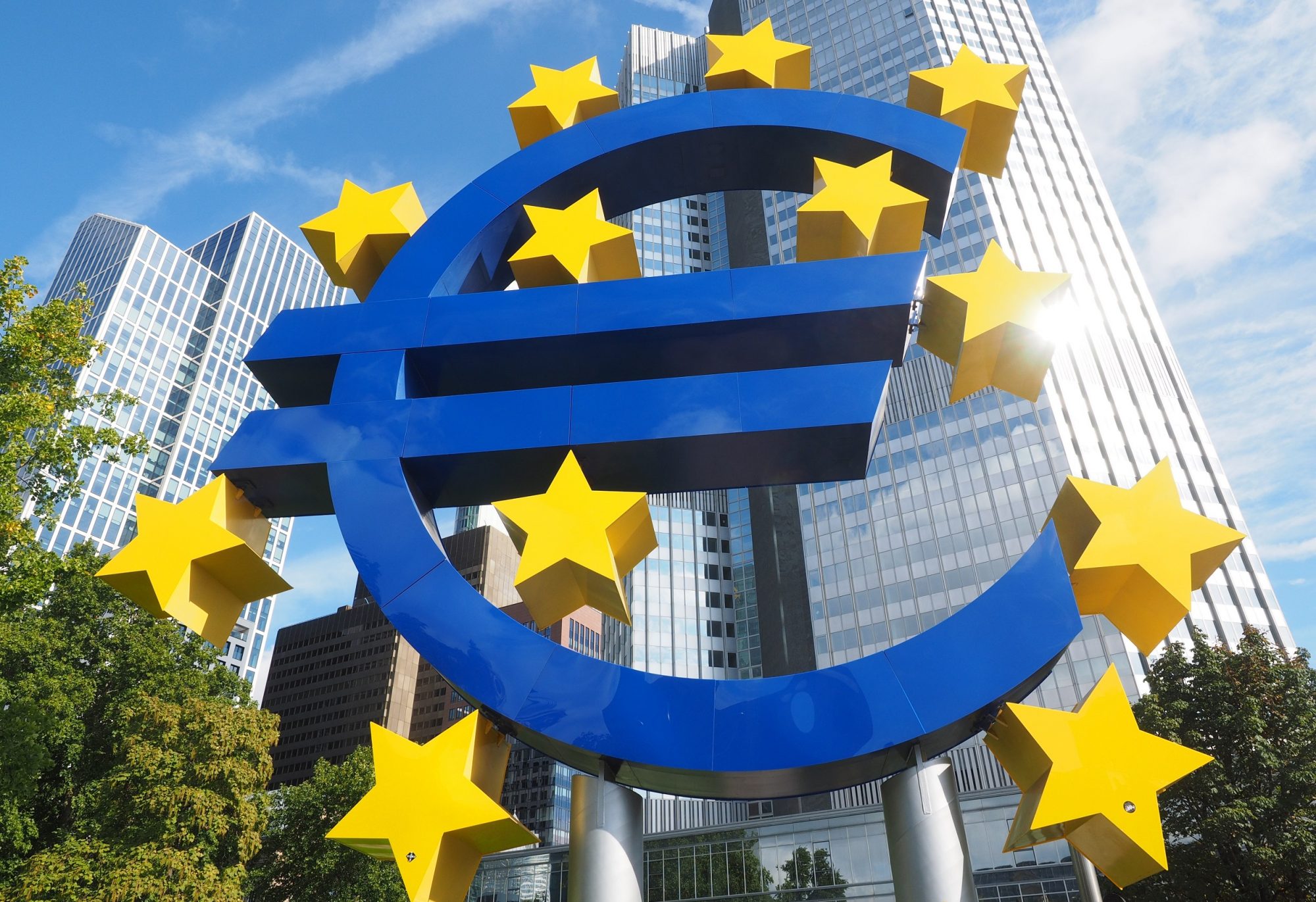Greek Premier, George Papandreou, is likely to win this week’s crucial parliamentary vote on his latest austerity measures – a key condition of Greece receiving a second bailout from its euro-zone partners. But there will be protests and possibly riots outside the Parliament and the vote will be tense and narrow. Thereafter, Greece can progress along the path agreed in Brussels last week, but it does so in a weak position and in need of continued solidarity from its partners.
The parliamentary victory should be enough to abate the immediate crisis and shift Greece from the world’s headlines. But Greece’s vulnerability on the financial markets will continue and the talk of default will not go away.
In the meantime, a Greece that is uncertain, divided and weak must set about the task of implementing the new austerity measures, undertaking parallel institutional reforms, and restoring its international reputation. This is a ‘big Ask’ – the like of which no euro-zone or other EU state has faced in recent memory.
Alongside the immediate financial crisis, the Papandreou Government must also contend with a political and social crisis. Politically, the main parties remain poles apart and the prospects of reform by consensus appear close to zero. Opposition also comes from the powerful public sector unions, an increasingly fearful public opinion, and disparate political forces maintaining constant street protests. Within his own party (PASOK, socialist), Papandreou has lost MPs and supporters and has never been more constrained. Socially, more and more Greeks appear despondent and unsure of the path being taken. The televisual protests are matched by many ordinary Greeks stood observing from the margins: a kind of uncertain protest by proxy as the riots go on in front of them. Observing the protests just over a week ago, it was clear that there is a stratum of society ready for a radical and/or populist lead: either might provide a nationalist answer to a seemingly interminable crisis.
Added to these conflicts is an institutional weakness that questions the ability of any government in Athens to deliver serious reform. Many parts of the public administration are ill-coordinated and verge on the dysfunctional. Their staffs are too numerous – the result of parties in power using public jobs as electoral favours – too unskilled, too rigid from archaic legal procedures and confusion, too hierarchical, and lacking morale. Too often, the Minister in charge lacks efficient means, information, and technical know-how from those he or she seeks to direct. Such problems are all the more grave when the political lead is highly controversial and uncertain to be sustained.
Papandreou has few cards to play. There is no realistic option of a coalition, a social pact or of a technocratic-led government. His main opponent – the leader of the New Democracy (centre-right) party, Antonis Samaras – has regained much lost ground after he went out on a limb and opposed the first Greek bail-out last May. Avoiding all-out war with the unions means his socialist government has to tread carefully on public sector cuts and privatisation. So, tax rises there must be, but then these may stifle growth. Added to these constraints, the opposition portray him as indecisive and a poodle of Europe and the IMF, trapped with an agenda not of his own making. It’s difficult to assert strong leadership and claim the right to be defending the national interest in these circumstances.
If life in the European Union for a modern prime minister is a two-level game, then Papandreou must play it and win. Having brought the EU round to help Greece again, his euro-zone partners must continue to support the reform effort in Athens. They have a shared interest in Greece not defaulting and therefore not undermining the euro and de-stabilising the international financial markets. In any event, they cannot force Greece out of the euro and no Greek government will volunteer to withdraw. Even if Greece could be forced out, avoiding a catastrophe in the European banking system would require some kind of Greek bail-out at least as great as that agreed last week. The test, therefore, that must be imposed on Greece is not of how much pain she is willing to accept via more and more austerity measures, but of the continued commitment of Athens to putting her house in order with serious systemic reform. No-one wins if Greece goes under; but the European project survives for the long-term if Greece achieves real reform. And that is the proper lesson for other euro-states in difficulty as well.
Politicians and the news media often focus on the drama of a political crisis. All the more exciting if it involves street riots and a European squabble. But serious debate and the decisions of investors should cut to the deeper realities. Is Greece, coordinated with Europe, getting down to the job of serious reform for the long-term? That should be the focus of the elusive ‘confidence’ the market seeks.
This piece appeared as an Op-Ed in today’s edition of the International Herald Tribune
Note: This article gives the views of the author, not the position of Greece@LSE, the Hellenic Observatory or the London School of Economics.






